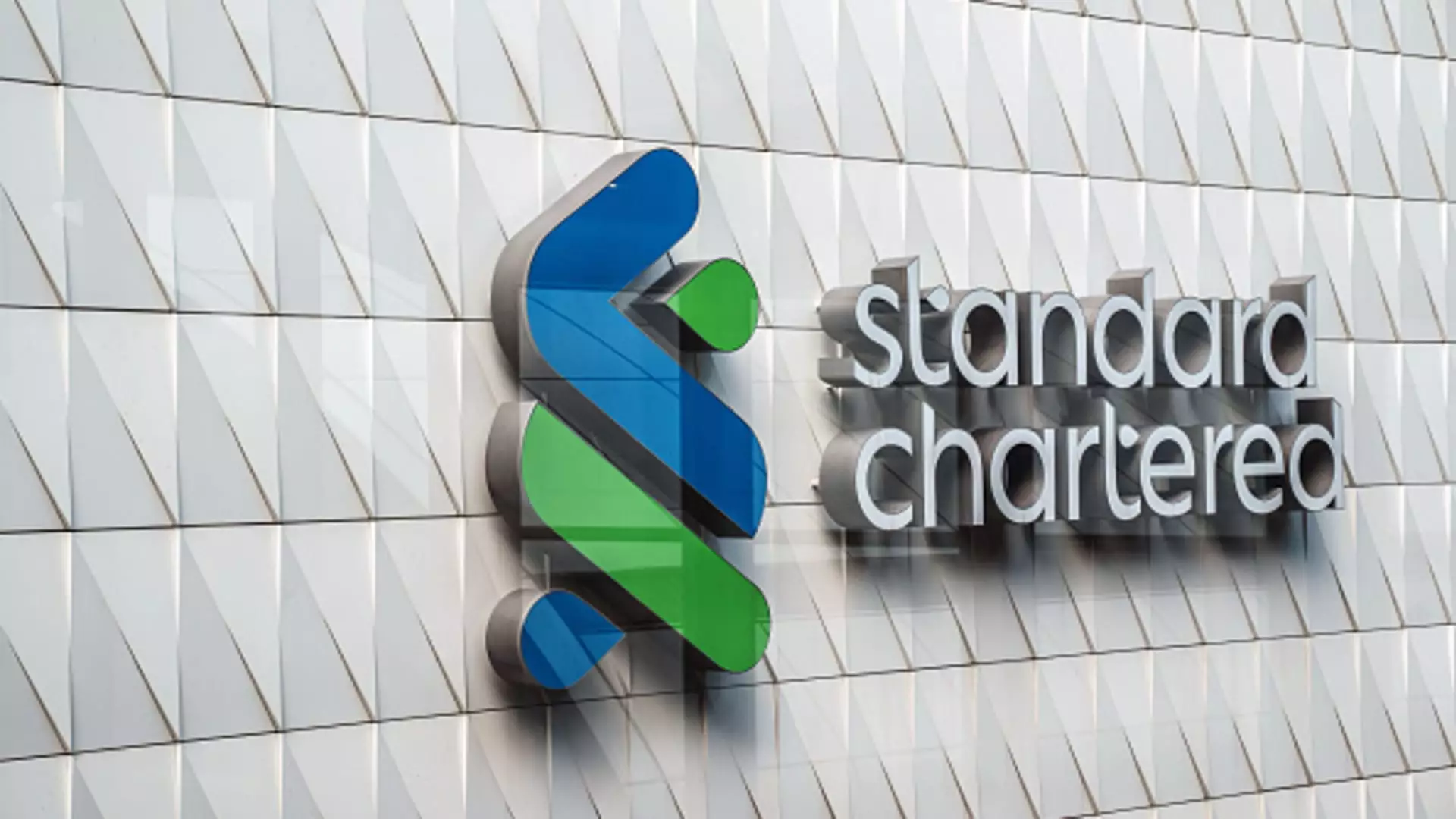The recent revelations regarding the alleged involvement of Standard Chartered Bank in financing sanctioned Iranian entities and terrorist groups have once again raised serious concerns about the integrity and compliance practices of financial institutions operating in the global market. Despite being subjected to substantial fines for violating sanctions on Iran and other blacklisted countries in the past, the bank continues to face accusations of wrongdoing.
Former Standard Chartered Bank employee turned whistleblower, Julian Knight, has brought forth damning evidence that suggests U.S. officials knowingly overlooked evidence of egregious misconduct by the bank. Knight claims that he provided authorities with bank statements highlighting transactions that demonstrated further breaches of sanctions, even after the bank claimed to have ceased all dealings with Iran in 2007. The evidence Knight presented allegedly indicates that Standard Chartered facilitated billions of dollars in transactions for Iran, various international terror groups, and front companies associated with these entities.
Knight’s accusations extend to the U.S. government, which he alleges engaged in a “colossal fraud” against the legal system by misrepresenting the evidence he provided and dismissing his whistleblower case as “meritless.” This alleged cover-up, as detailed in the court filings, suggests that the authorities downplayed the significance of the evidence presented by Knight and his colleague, ultimately leading to the dismissal of their claims.
The implications of these allegations extend far beyond the walls of Standard Chartered Bank. If proven true, the bank’s involvement in financing sanctioned entities and terrorist groups could have serious repercussions for international security and stability. The revelation that the bank’s clients included organizations linked to Iran’s Revolutionary Guard, Palestinian militant group Hamas, and Lebanon’s Hezbollah raises concerns about the potential misuse of financial systems to fund illicit activities.
In light of these troubling allegations, there is an urgent need for greater transparency and accountability within the global financial system. The failure of regulatory authorities to address potential misconduct by major financial institutions not only undermines the integrity of the banking sector but also poses a significant threat to the global efforts to combat terrorism financing and money laundering.
The allegations against Standard Chartered Bank and the subsequent cover-up by government authorities, as claimed by whistleblower Julian Knight, shed light on the complex challenges faced in regulating the behavior of financial institutions in an increasingly interconnected world. It is essential for regulators and law enforcement agencies to take these allegations seriously and conduct thorough investigations to ensure that banks are held accountable for any breaches of sanctions and compliance failures. The integrity of the financial system and global security depend on the ability to root out illicit activities and prevent the misuse of financial resources for nefarious purposes.

Leave a Reply